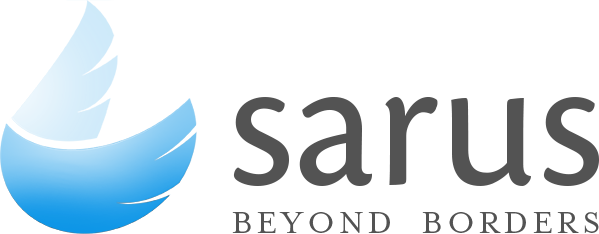Our approach
We believe that when people come together in a safe space with a clear and common goal, community is formed and impact is achieved. When these people are from diverse backgrounds and are pushed to their limits in pursuit of a shared goal, there is a unique opportunity for personal growth, increased mutual understanding, and the cultivation of authentic community.
All of our programs stem from these beliefs and are designed with these principles in mind. Our programs bring together people from diverse backgrounds with a history of conflict and push them to their limits to achieve a common goal. We create intentional spaces in which people can share, grow, and strive together. Each program is uniquely tailored to the specific cultural, historical, and educational contexts in which they are located.
While our programs differ in format and structure depending on the specific context and needs of each program, all Sarus programs are based upon our signature curriculum.
emotional intelligence
Self-awareness, empathy, and other skills linked to emotional intelligence are essential for twenty-first century leaders. Emotional intelligence is also key to managing and transforming conflicts, both interpersonal and structural. As such, emotional intelligence plays a key function in the Sarus curriculum.
critical thinking
Clear, reasoned thinking is imperative for leaders intent on building peace. Higher-level critical thinking skill such as analysis, synthesis, and application enable individuals identify structural and cultural violence and see beyond stereotypes and other forms of discrimination.
nonviolent communication
While emotional intelligence allows individuals to understand their feelings and needs, nonviolent communication provides the tools to communicate these feelings and needs with other people in such a way that all parties can arrive to a state of greater self awareness, mutual understanding, and empathy.
design thinking
The principles of design have been shown to be useful in identifying and solving complex social and development issues in innovative and user-centered ways. Sarus participants use design thinking with local communities to design new solutions to community challenges.
ADAPTIVE LEADERSHIP
Adaptive leadership is in many ways the culmination of the other four skills in our curriculum. Adaptive leaders, in addition to possessing the above skills, have the resilience, resourcefulness, and creativity necessary to identify and solve tomorrow’s challenges.

